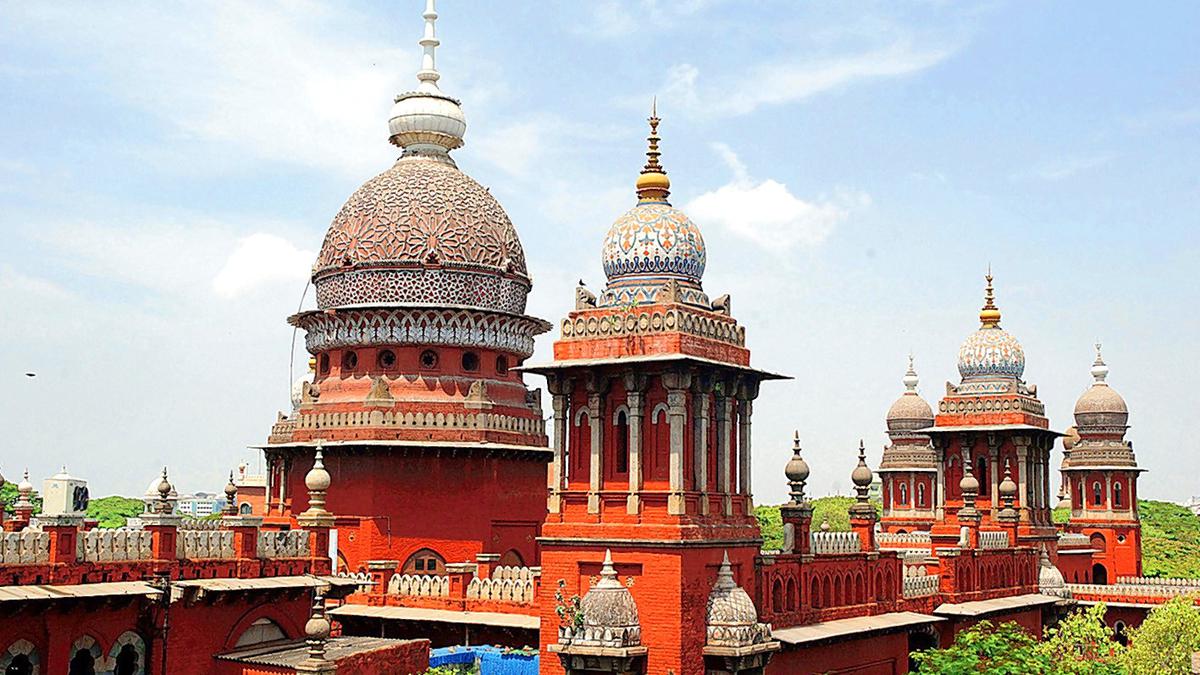
Temple lands can be alienated only if it is necessary, says Madras HC
The Hindu
The Madras High Court has clarified that temple lands can be alienated only after establishing that such alienation is purely in the interest of the temple concerned
The Madras High Court has clarified that temple lands can be alienated only after establishing that such alienation is purely in the interest of the temple concerned and that there is no other option but to sell, mortgage, lease or exchange those lands to ensure uninterrupted performance of the rituals.
Justices R. Mahadevan and P.D. Audikesavalu issued the clarification at the instance of Hindu Religious and Charitable Endowments Department which urged the court to clarify eight out of 75 directions issued in a suo motu case on June 7, 2021 for safeguarding historical monuments including temples and their properties.
The 33rd direction issued in 2021 read: “The State government or HR&CE Commissioner, who are the trustee/administrator of the temple lands, shall not alienate or give away the lands contrary to the wish of the donor. The lands shall always remain with the temples. The public purpose theory shall not be invoked in cases of temple lands.”
Special Government Pleader N.R.R. Arun Natarajan urged the court to clarify this direction and permit alienation of temple lands strictly in accordance with the conditions laid down under Section 34 of the HR&CE Act so that temples would be able to yield income through its lands rather than leaving them barren.
Accepting his plea, the Division Bench ordered that alienation should be resorted to only if there was a necessity for the temple and not for the necessity of third parties. Requirements such as considering public objections to the proposal and obtaining government approval as well as HR&CE Commissioner’s sanction should also be complied with.
The Bench also clarified yet another direction and stated that mere political connections cannot be a ground for non suiting a person to the post of temple trustee if he was otherwise very religious and an ardent devotee who possesses all the qualifications required for such appointment under the HR&CE Act.
“It is pertinent to point out that a non-hereditary trustee can occupy a post only for a specific period. However, the existence of political domination would be evident from repeated and continuous appointment of same persons as trustees for several years... It would cast a spell of cloud over such appointment and hence, should be avoided,” the Bench wrote.

After a long, tiring day all we want is to jump right on our cosy beds and rest comfortably on our soft, fluffy pillows, right? Pillows are not quite appreciated as much as electric cars or air-fryers, for instance. Pillows are a wonderful man-made creation that has improved the lives and sleep of people across the globe. Did you know ages ago people used to rest their heads on a HARD ROCK? So how did humans go from sleeping on stones to cosy, fluffy and soft pillows today? Let’s get into the origin of your everyday pillows!










